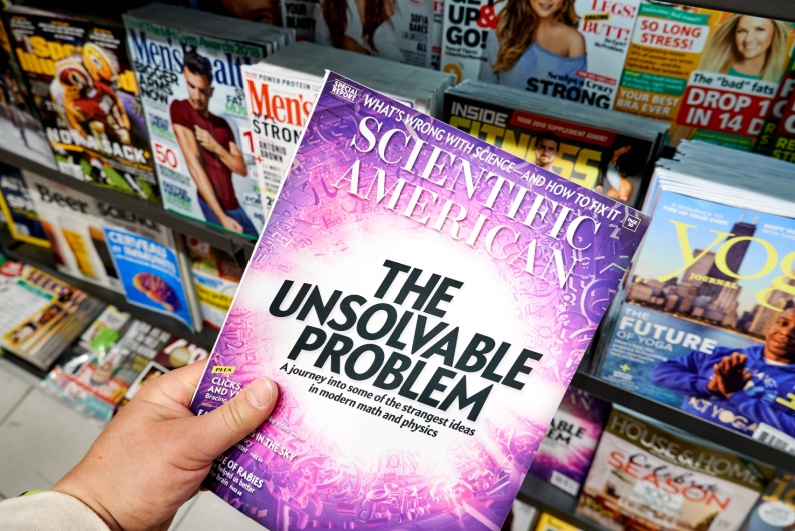A state of trance
A critically acclaimed US scientific journal has released its findings based on peer research that identifies a trancelike compulsion to gamble.
state gamblers can enter that boosts their dopamine levels
Scientific American’s in-depth report on Thursday included findings from Swansea University in Wales that coined the phrase ‘dark flow.’ The phrase describes the state gamblers can enter that boosts their dopamine levels and drives them to chase the big win.
A psychologist studying gambling at Swansea University, Jamie Torrance, explained the findings through the prism of slot machines. Slots are the bread and butter of casinos. Torrance explained the reason why the machines completely absorb and mesmerize patrons playing them.
“The fast turnarounds can closely link the act of pressing the button with the rush of dopamine of a potential win, conditioning a person to keep pulling the lever,” reports SciAm.
Torrance maintains that poker with friends is less dangerous than playing a slot machine because of the devices’ incredible pace, where “only seconds pass between placing a bet and winning or losing.”
Sports betting question
According to SciAm, Swansea’s findings flag trouble down the line for sports betting, with the advent of parlays and in-game betting.
While sports betting is “not as harmful as a slot machine“ stated Torrance, the aspect of placing bets faster means the vertical is “moving in that direction.”
The US journal also cited a policy researcher studying gambling at the University of Glasgow, Heather Wardle, as adding an additional cautionary note. Namely that sportsbook apps can use personal data to tailor offers to bettors.
Wardle posited what tobacco firms back in the day would have done with today’s sportsbooks’ consumer insights: “If they’d have known exactly how much you smoked, when you smoked, how often you smoked, the circumstances around your smoking.”
apps designed to exploit “cognitive biases”
Wardle fronted a commission on gambling’s risks to public health whose findings were published late last year in the Lancet. The commission referred to ‘dark patterns,’ a term for digital apps designed to exploit “cognitive biases to get people to act outside of their best interest.”
Blame it on the house
Torrance concurs, adding that gambling firms “have all of this knowledge about how the human mind works, how human behavior works, and they essentially use that knowledge for profits.”
Head of the Center for Gambling Studies at New Jersey’s Rutgers, Lia Nower, however, dismisses claims by Joe Maloney of the American Gaming Association that sports betting apps carry important safety features. Nower’s study group found that only around 1% to 4% of people under age 25 in New Jersey use any of the safety features found on sports betting apps.
Torrance likened push notifications with a “limited time” offer for free bets as an offer of a free drink to an alcoholic. Like a gambler with a free bet offer, Torrance said it would be very hard for a drinker to say no to.




